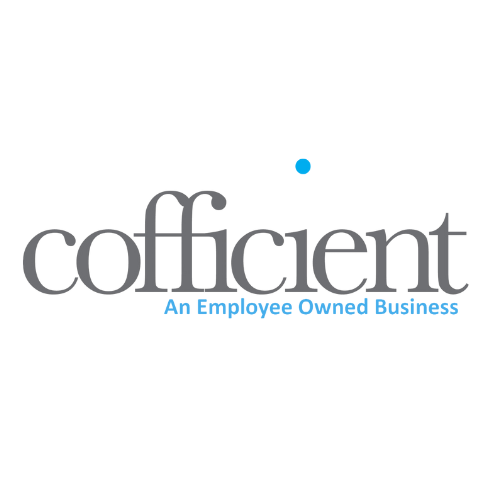
The Gig Economy and ERP: Navigating the New Norm of UK Business
The rise of the gig economy has completely reshaped the landscape of work and income in the United Kingdom. We’ve seen a significant increase in this form of freelance or contract work over the last couple of years, with recent data showing an upward trend that isn’t slowing down. According to a recent Office for National Statistics report, the flexible labour market has grown by an estimated 25% in just one year. The UK gig economy increased by 15% in 2022 and 12% in 2023. The gig economy now represents about 7% of the total workforce in the UK, a percentage that has steadily grown in the last decade.
The ERP and Gig Economy Intersection
The gig economy is characterised by its flexibility and transparent nature. It comprises diverse independent contractors, freelancers, and part-time workers in short-term, flexible jobs. These workers juggle multiple jobs simultaneously, demand real-time payment, and expect smooth, hassle-free administrative processes.
As such, the requirements for managing the gig economy differ vastly from those of traditional economies. In the gig economy, managing a distributed and mobile workforce, tracking numerous short-term projects, ensuring accurate and timely payments, and maintaining solid customer relationships are critical aspects businesses need to handle efficiently.
This shifting labour market has fuelled the need for robust and efficient Enterprise Resource Planning (ERP) systems. Why? The gig economy thrives on flexibility and mobility. To maintain this flexibility while ensuring productivity and efficiency, businesses need a system that seamlessly integrates various operations. This is where ERP comes into the picture, integrating financial, project, and customer relationship management into one comprehensive system.
Financial Management in ERP for the Gig Economy
Managing finances in the gig economy can be a challenging task. Invoicing, expense tracking, payment tracking, and budgeting are all essential aspects of financial management that businesses need to handle effectively. An ERP system offers solutions to these challenges:
- Invoicing: ERP systems allow businesses to easily generate invoices, enabling gig workers to bill their clients promptly and accurately.
- Expense tracking: With ERP, businesses can easily track expenses, ensuring accurate financial reports and helping identify areas where costs can be reduced.
- Payment tracking: ERP systems offer a simple way for businesses to keep track of payments made and received, providing a clear picture of a company’s cash flow.
- Budgeting: With an integrated ERP system, businesses can manage budgets effectively, ensuring they stay within their financial limits and make informed decisions.
The Role of Project Management in ERP
Project management is at the heart of the gig economy, where resources, tasks, and timelines are perpetually in flux. An ERP system provides comprehensive project management solutions, assisting businesses in navigating this complex landscape.
- Resource Allocation: ERP systems help businesses allocate resources efficiently, reducing costs and avoiding wastage in the gig economy.
- Real-Time Task Progress: Real-time updates on task progress are crucial for gig work. ERP systems offer instant insights into task status, helping managers adjust workflows and ensure timely project completion.
- Collaboration: ERP systems provide collaboration tools for remote workers to communicate and share information seamlessly, keeping everyone on the same page.
CRM: An Integral Part of ERP
Maintaining a strong and lasting client relationship is paramount in the gig economy. An ERP system that integrates a robust Customer Relationship Management (CRM) component can greatly assist businesses.
- Customer Interaction Tracking: An integrated ERP system records customer behaviour for personalised offerings and improved service.
- Streamlined Sales Processes: An ERP system streamlines the sales process, improves performance, and boosts efficiency. It can also coordinate marketing campaigns for consistent messaging.
- Coordinated Marketing Campaigns: The UK gig economy benefits from ERP integration, which effectively manages business operations and improves brand recognition.
The rise of the gig economy in the UK has brought the need for an effective way to manage various business operations, and ERP fills this gap. By integrating financial management, project management, and customer relationship management, ERP allows businesses to operate more effectively and efficiently in the gig economy.
What’s Next?
The evolution of the gig economy is a testament to the dynamic nature of work. As businesses continue to navigate this landscape, they will require robust solutions that enable them to stay competitive while addressing the unique challenges of the gig economy. Explore how Cofficient can provide an ERP solution tailored to your business needs. Contact us today to learn more!



